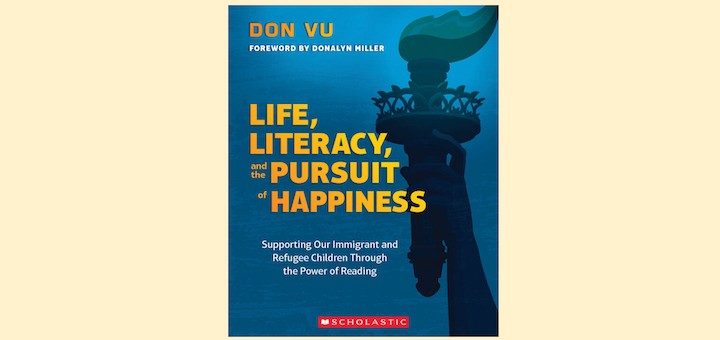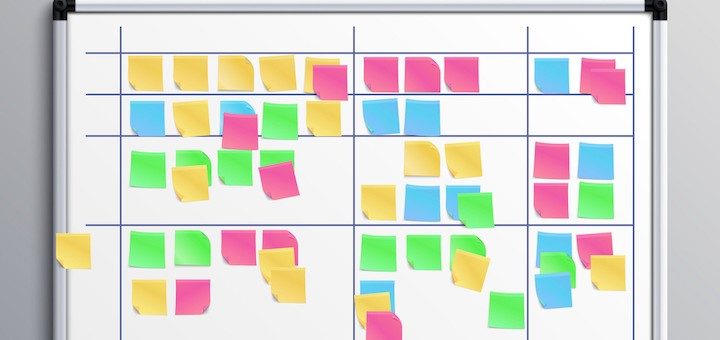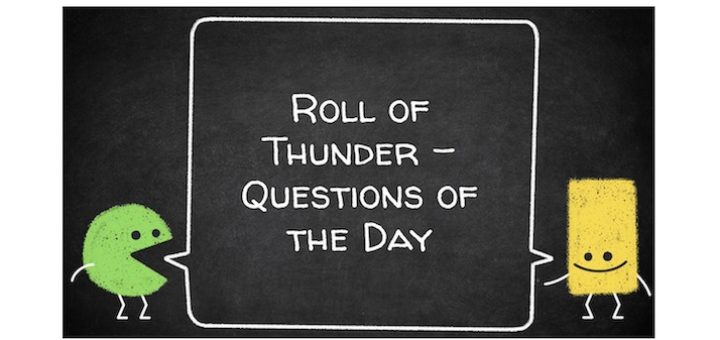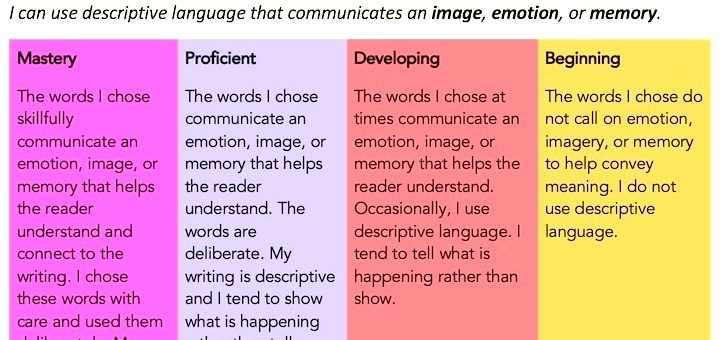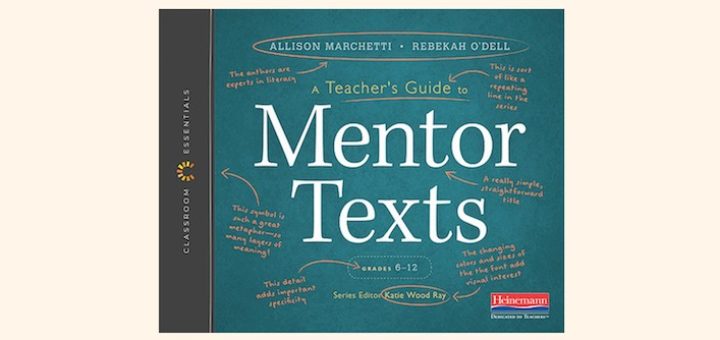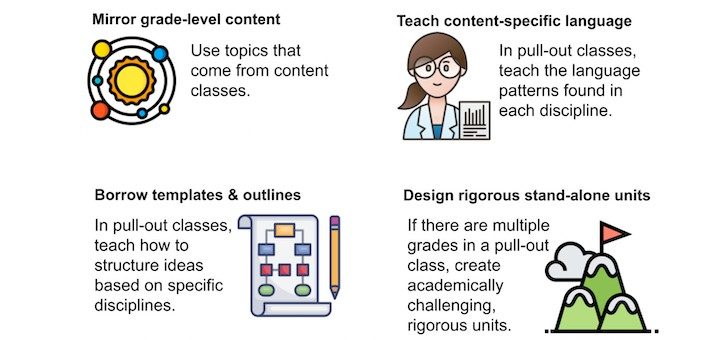Novels in Verse! The Why, Which and How
Novels in verse offer quicker reads with instant character connections, vivid imagery, pathways to complex issues, strong narratives, and much more. ELA teacher Kasey Short shares how to use them in class and introduces lots of titles for your middle graders.


